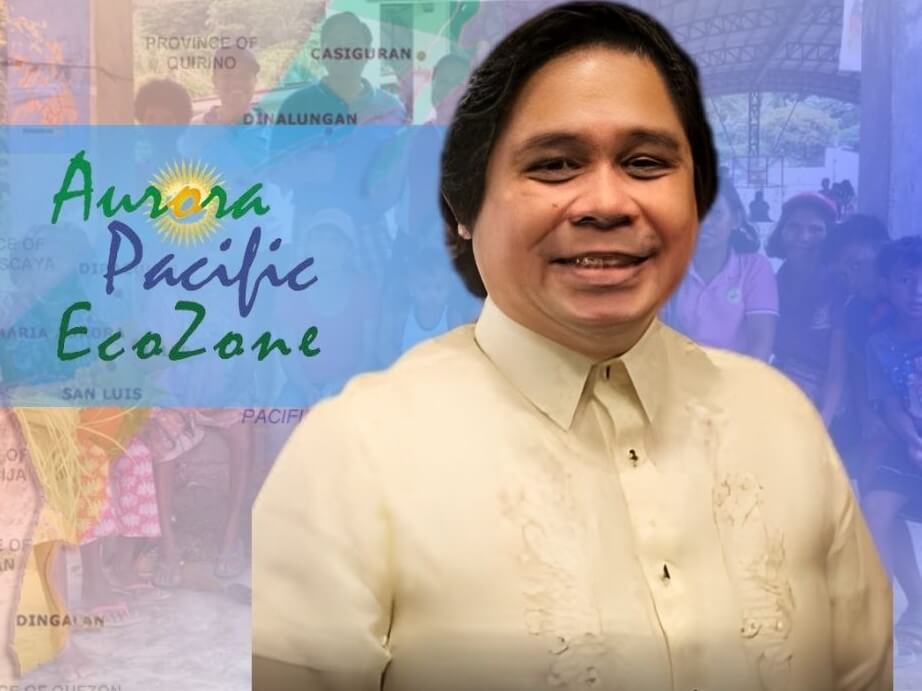

On Oct. 12, APECO President and CEO Atty. Gil G. Taway IV and business development manager Gene Angelo P. Ferrer met with NCIP Region III Director Atty. Roman A. Antonio, committing to a framework that embeds participatory governance, shared benefits, and cultural respect into Casiguran’s ecozone expansion.
From territory to partnership
Rather than viewing IP lands as “overlaps” to be managed, APECO now positions itself as a collaborator. The new agenda includes:
“Development in APECO must be participatory and respectful of Indigenous rights,” Taway said, emphasizing transparency, equity, and shared decision-making as foundational principles.
Institutionalizing co-stewardship
Under the proposed JMA, IP communities and APECO would jointly determine land use, resource management, and benefit sharing in Casiguran’s Parcel 2, where ancestral domains and ecozone interests intersect. This model mirrors the Subic Bay experience, which APECO plans to adapt.
APECO’s management clarified in its position paper that while it holds administrative supervision over Parcel 2, that does not translate into ownership over ancestral lands — an important distinction given the sensitivities of land rights and indigenous sovereignty.
Legal rights, economic inclusion
To strengthen IP claims, APECO has already backed efforts to assist communities in securing Certificates of Ancestral Domain Title (CADT). The agency’s new management sees CADT recognition as pivotal to balancing growth and heritage.
The IP Cooperative is envisioned as a vehicle for livelihood and microenterprise development rooted in indigenous knowledge, capacity building, and community-based ventures aligned with ecozone goals.
Symbol of ‘Bagong APECO’
This shift underscores APECO’s broader transformation under its “Bagong APECO” reform agenda — from infrastructure-focused investment zone to shared-value development hub. The IP partnership marks a governance recalibration that seeks to heal historical exclusion and foster trust.
As the ecozone breaks ground on new infrastructure projects totaling P415.73 million to power, electrify, and connect Casiguran, the rising question is: will inclusion be built into the blueprint? —Ed: Corrie S. Narisma